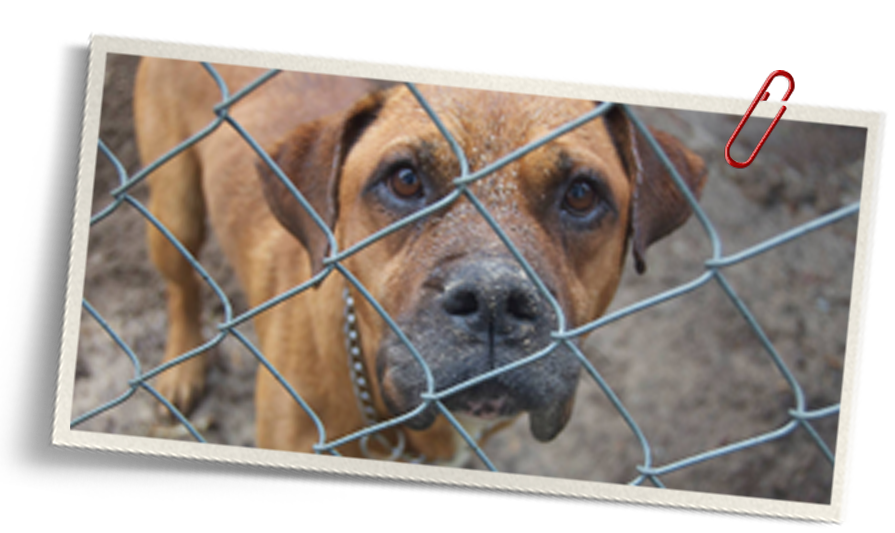 Why Rescue?
Why Rescue?
In our work as rescuers, we are surprised by the number of people we meet who are unaware that there is an epidemic of homeless dogs in the United States. The statistics reveal the severity of pet overpopulation and the millions of dogs that enter shelters each year. Given these staggering figures, it’s no wonder that shelters lack the resources and space to care for so many animals. Have you ever wondered what happens to them? The unfortunate result is that millions of adoptable pets are put to death each and every year simply because there are not enough homes to adopt them all.
What’s Causing Pet Overpopulation?
There isn’t just one cause driving the pet overpopulation crisis, but many. Commercial breeders bring millions of purebred and designer dogs into the world to satisfy market demands. Puppy mills are mass-producing dogs, keeping them in the most horrendous conditions, and selling them to consumers and pet stores simply to make money. Then there are backyard breeders who have litters for fun, profit or by accident.
In turn, many of these animals end up in the hands of owners who have unrealistic expectations about the responsibilities involved with properly caring for and training a pet. Some owners don’t spay or neuter their pets, allowing them to breed at will. They become lost, abandoned, or abused/neglected and ultimately find themselves in the local shelter.
Many people have the misconception that all dogs end up at the shelter because they are “bad dogs.” The truth is that some owners surrender pets for reasons as frivolous as he sheds too much, or jumps the fence, or she doesn’t like our new puppy. Others might be victims of circumstances in which families are moving and decide to leave their pet behind, or cannot afford to care for them any longer.
What can I do to help the situation?
Individuals can help to reduce pet overpopulation by spaying and neutering their dogs and encouraging others to do the same. If you are looking for a new family companion, adopt from a shelter, rescue group, or humane organization instead of perpetuating the demand by purchasing from a pet store, backyard breeder, or commercial breeder. Pet owners should also put a collar and ID tags on their pets and/or a microchip for permanent identification in case they are lost or stolen. Support your local shelters, rescue groups, or humane organizations by volunteering your time or by making a much-needed donation.
Without the tireless efforts of these groups working to place homeless animals with permanent families and educating the public about the responsibilities of dog ownership, many more of these wonderful, adoptable pets would needlessly be put to death each year.

